The ERP software market is experiencing unprecedented growth, with global revenues reaching $135.9 billion in 2024 and projected to hit $238.79 billion by 2032. In the UAE alone, the ERP market generated $264.6 million in 2023 and is expected to surge to $725.2 million by 2030, representing a remarkable growth trajectory that reflects Dubai's position as a global business hub.
For businesses operating in Dubai's dynamic marketplace, choosing the right Enterprise Resource Planning (ERP) software isn't just about staying competitive—it's about survival in an increasingly digital economy. With over 173.7 million digital government transactions completed in the UAE in 2024 and 42% of businesses actively using AI in their operations, the pressure to digitize has never been more intense.
Why Your Dubai Business Needs an ERP System in 2025
The numbers don't lie: Dubai SME supported the establishment of 1,986 new enterprises in the first half of 2024 alone, representing a 57% increase from the previous year. This explosive growth means more competition, more complexity, and more need for streamlined operations that only a robust ERP system can provide.
Think about the challenges your business faces daily—managing inventory across multiple locations, tracking financial performance in real-time, or ensuring compliance with UAE's evolving tax regulations. An ERP system consolidates these pain points into a single, unified platform that gives you the visibility and control you need to make informed decisions quickly.
The UAE's digital transformation market is projected to reach $2.23 billion by 2029, growing at a CAGR of 16%. This isn't just about keeping up with technology trends; it's about positioning your business to capitalize on the opportunities that digital transformation creates.
How to Choose the Right ERP Software for Your Business in Dubai
Selecting an ERP system in Dubai's unique business environment requires understanding both global best practices and local market dynamics. With the UAE government completing over 173.7 million digital transactions in 2024, businesses need systems that can integrate seamlessly with government platforms and comply with local regulations.
Start by assessing your company's size and growth trajectory—are you one of the thousands of SMEs that Dubai SME supported with AED 652.8 million in contracts in 2024, or are you a larger enterprise looking to expand regionally? Your ERP choice should scale with your ambitions, not limit them.
Consider the UAE's strategic position as a gateway to global markets. Your ERP should support multi-currency operations, handle complex supply chains, and provide the real-time analytics that 79% of UAE business leaders now trust for high-stakes decisions.
The 15 Best ERP Software Solutions in Dubai for 2025
1. Oracle NetSuite

Oracle NetSuite dominates the cloud ERP space for good reason—it's a complete business management suite that grows with your company. With over 37,000 customers globally and a strong presence in the UAE through certified partners, NetSuite offers the scalability that Dubai's fast-growing businesses demand.
Key Features:
•Real-time financial reporting and analytics
•Integrated CRM and e-commerce capabilities
•Multi-currency and multi-subsidiary management
•Advanced inventory and supply chain management
Best For: NetSuite is ideal for rapidly growing companies that need a comprehensive solution without the complexity of traditional enterprise software. It's particularly strong for businesses with international operations or those planning regional expansion from their Dubai base.
2. SAP Business One

SAP Business One brings enterprise-grade functionality to mid-market businesses, and with numerous SAP partners in Dubai, local support is readily available. This solution handles the complexity of UAE business requirements while providing the robust reporting that CFOs need to navigate Dubai's competitive landscape.
Key Features:
•Comprehensive financial management
•Real-time business intelligence
•Industry-specific functionality
•Mobile accessibility for remote teams
Best For: Established businesses with complex operations that need proven enterprise functionality. SAP Business One excels in manufacturing, distribution, and service industries where process standardization is critical.
3. Microsoft Dynamics 365

Microsoft Dynamics 365 leverages the power of the Microsoft ecosystem that many Dubai businesses already use. With AI-driven insights becoming crucial—80% of UAE professionals now use AI tools—Dynamics 365's built-in intelligence capabilities give businesses a competitive edge.
Key Features:
•Seamless integration with Microsoft Office suite
•AI-powered business insights and predictions
•Flexible deployment options (cloud, on-premise, hybrid)
•Strong CRM and ERP integration
Best For: Organizations already invested in Microsoft technologies who want to leverage their existing infrastructure. It's particularly effective for businesses that rely heavily on collaboration and need integrated customer relationship management.
4. Odoo

Odoo's open-source foundation makes it an attractive option for cost-conscious businesses, especially given that Dubai SME supported over 1,986 new enterprises in H1 2024 alone. Its modular approach allows businesses to start small and add functionality as they grow.
Key Features:
•Modular architecture with 30+ business applications
•No per-user licensing fees for the community edition
•Extensive customization capabilities
•Strong e-commerce integration
Best For: Startups and SMEs that need flexibility and cost control. Odoo works well for businesses that have unique processes and need extensive customization without enterprise-level costs.
5. Infor CloudSuite

Infor CloudSuite takes an industry-specific approach that resonates with Dubai's diverse business landscape. Whether you're in hospitality, manufacturing, or distribution, Infor provides pre-configured solutions that understand your sector's unique challenges.
Key Features:
•Industry-specific pre-built processes
•Modern, intuitive user interface
•Advanced analytics and reporting
•Cloud-native architecture
Best For: Businesses in specialized industries that need sector-specific functionality out of the box. Infor excels in manufacturing, healthcare, and hospitality—key sectors in Dubai's economy.
6. Epicor ERP

Manufacturing represents a significant portion of Dubai's economy, and Epicor ERP is purpose-built for this sector. With the UAE's manufacturing sector contributing substantially to the country's GDP, Epicor provides the production planning and quality management tools that manufacturers need.
Key Features:
•Advanced production planning and scheduling
•Quality management and compliance tracking
•Supply chain optimization
•Real-time shop floor visibility
Best For: Manufacturing companies that need sophisticated production management capabilities. Epicor is particularly strong for discrete manufacturers with complex routing and quality requirements.
7. Sage X3

Sage X3 handles the complexity of global operations while maintaining the flexibility that Dubai businesses need. With multi-currency support and robust financial management, it's designed for businesses that operate across borders—a common scenario for Dubai-based companies.
Key Features:
•Multi-company and multi-currency management
•Advanced financial reporting and consolidation
•Flexible workflow and approval processes
•Strong distribution management capabilities
Best For: Mid-market businesses with international operations or complex distribution networks. Sage X3 excels when you need to manage multiple entities or currencies from a single system.
8. Acumatica
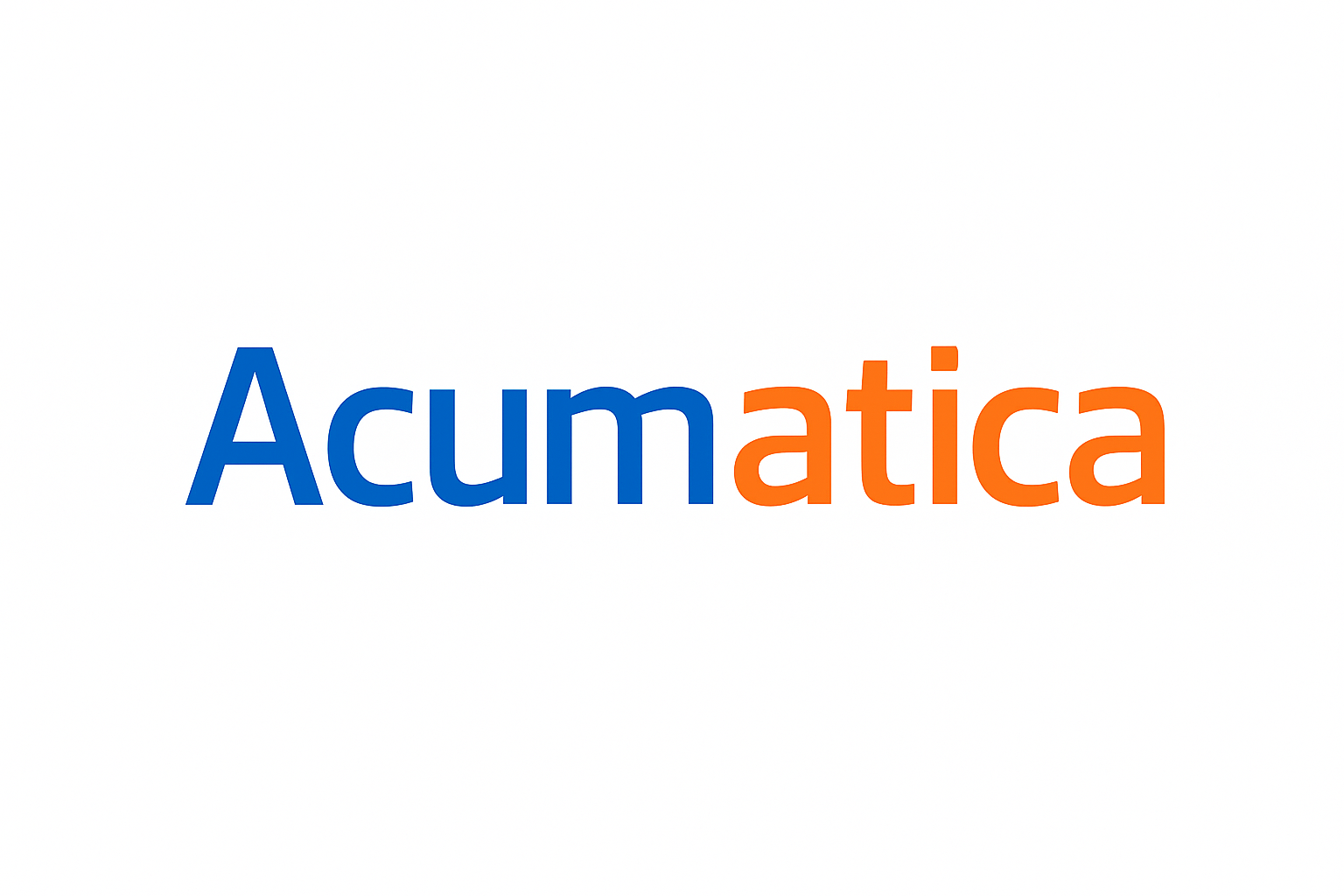
Acumatica's unique licensing model—based on resources consumed rather than user count—makes it attractive for businesses with many occasional users. This flexibility is particularly valuable in Dubai's service-oriented economy where project teams and seasonal workers are common.
Key Features:
•Unlimited user licensing model
•Mobile-first design for field workers
•Project accounting and management
•Built-in document management
Best For: Project-based businesses and companies with large numbers of occasional users. Acumatica works well for construction, professional services, and field service organizations.
9. TallyPrime
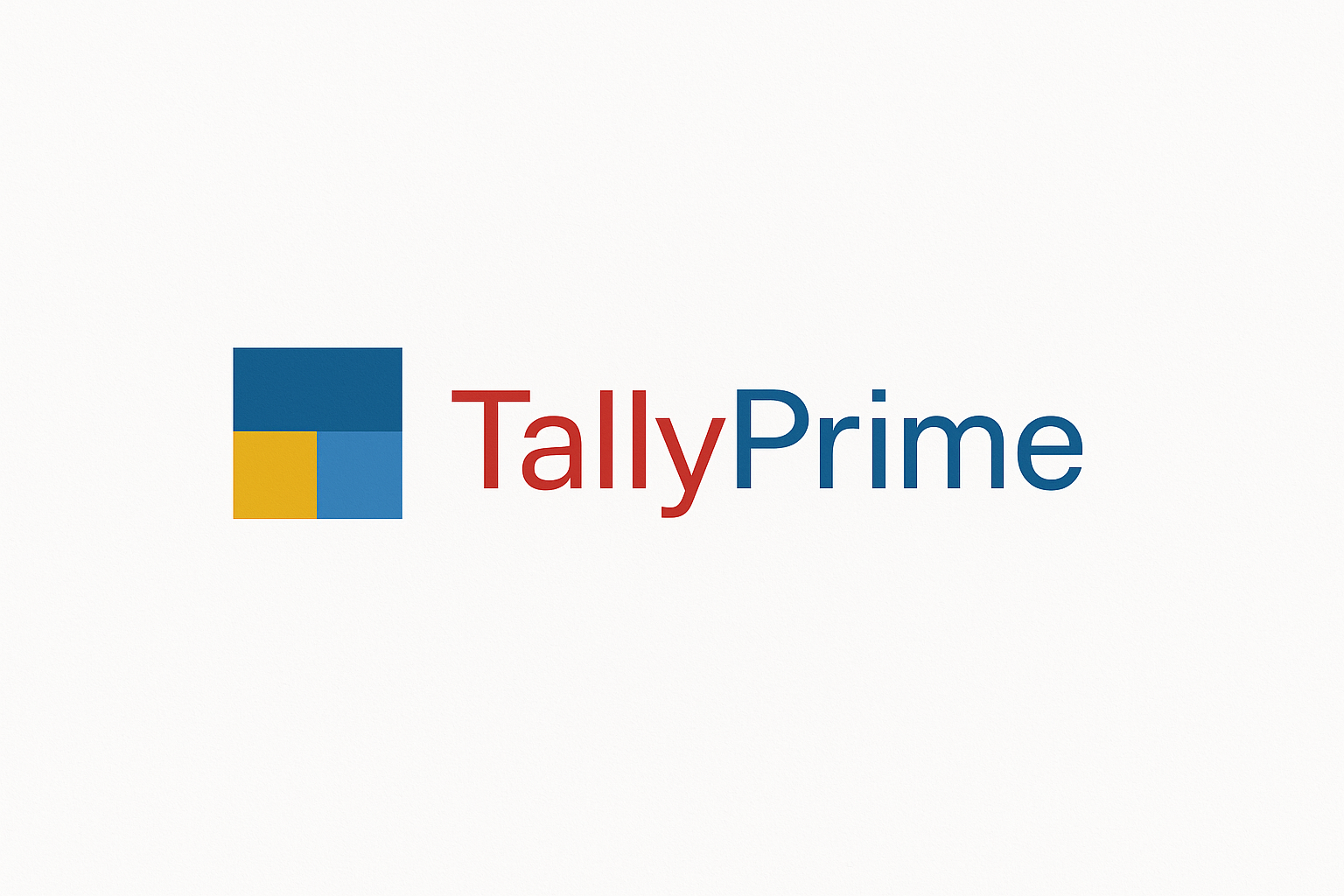
TallyPrime remains hugely popular among Dubai's SME community, particularly for businesses that need robust accounting with UAE VAT compliance built-in. With over 2 million users globally, it's proven its reliability in handling complex tax scenarios.
Key Features:
•UAE VAT compliance and reporting
•Multi-currency and multi-location support
•Inventory management with batch tracking
•Comprehensive financial reporting
Best For: Accounting-focused businesses and SMEs that need reliable financial management with strong UAE tax compliance. TallyPrime is particularly popular among trading companies and small manufacturers.
10. Zoho ERP
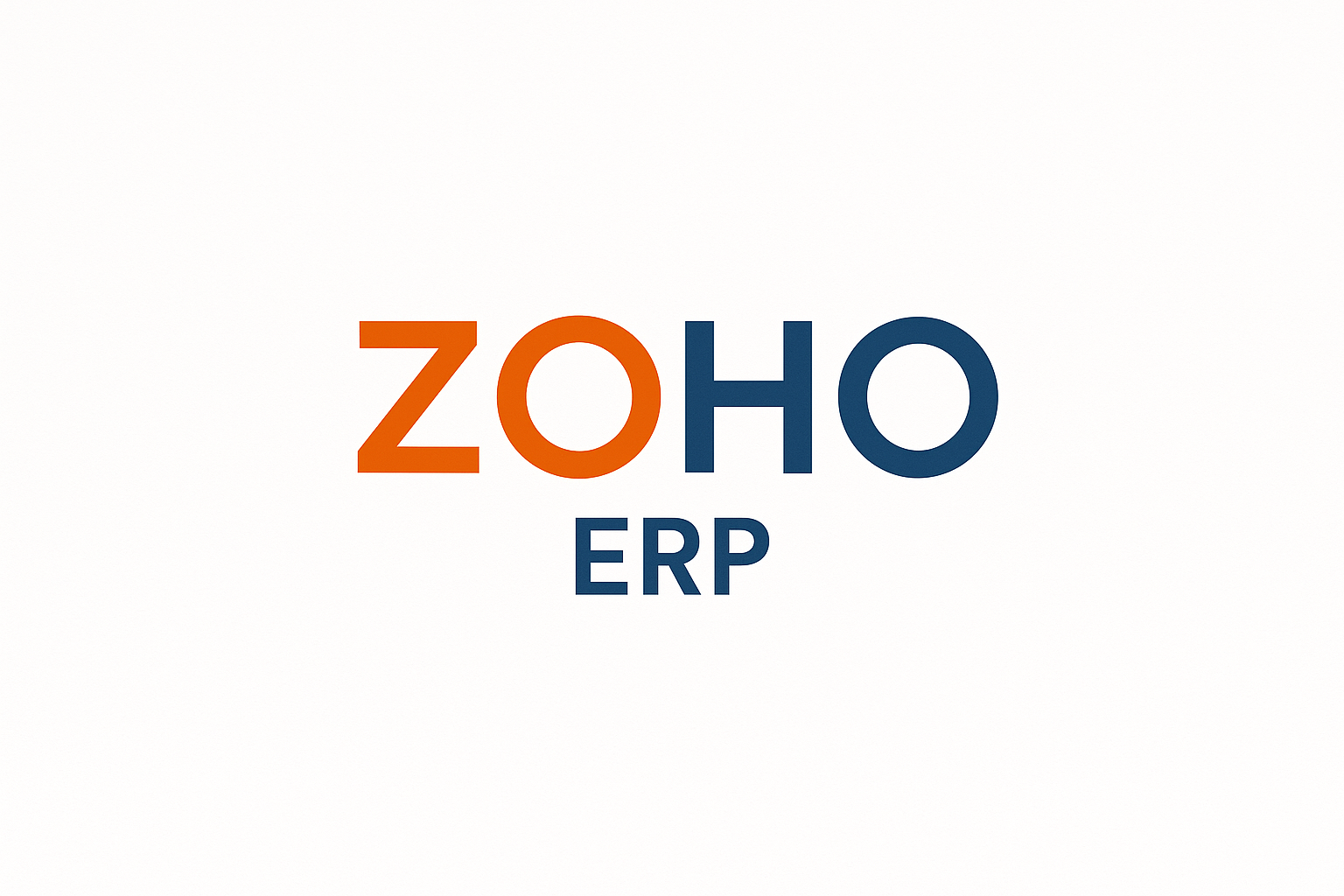
Zoho's integrated business suite offers exceptional value for small businesses, with pricing that makes enterprise functionality accessible to startups. Given that Dubai SME facilitated AED 1.29 billion in contracts to SMEs in 2024, cost-effective solutions like Zoho are increasingly important.
Key Features:
•Integrated CRM, accounting, and inventory management
•Affordable pricing for small businesses
•Easy integration with other Zoho applications
•Mobile-responsive design
Best For: Small businesses and startups that need integrated business management without enterprise-level costs. Zoho works well for service businesses and small retailers.
11. QuickBooks Enterprise
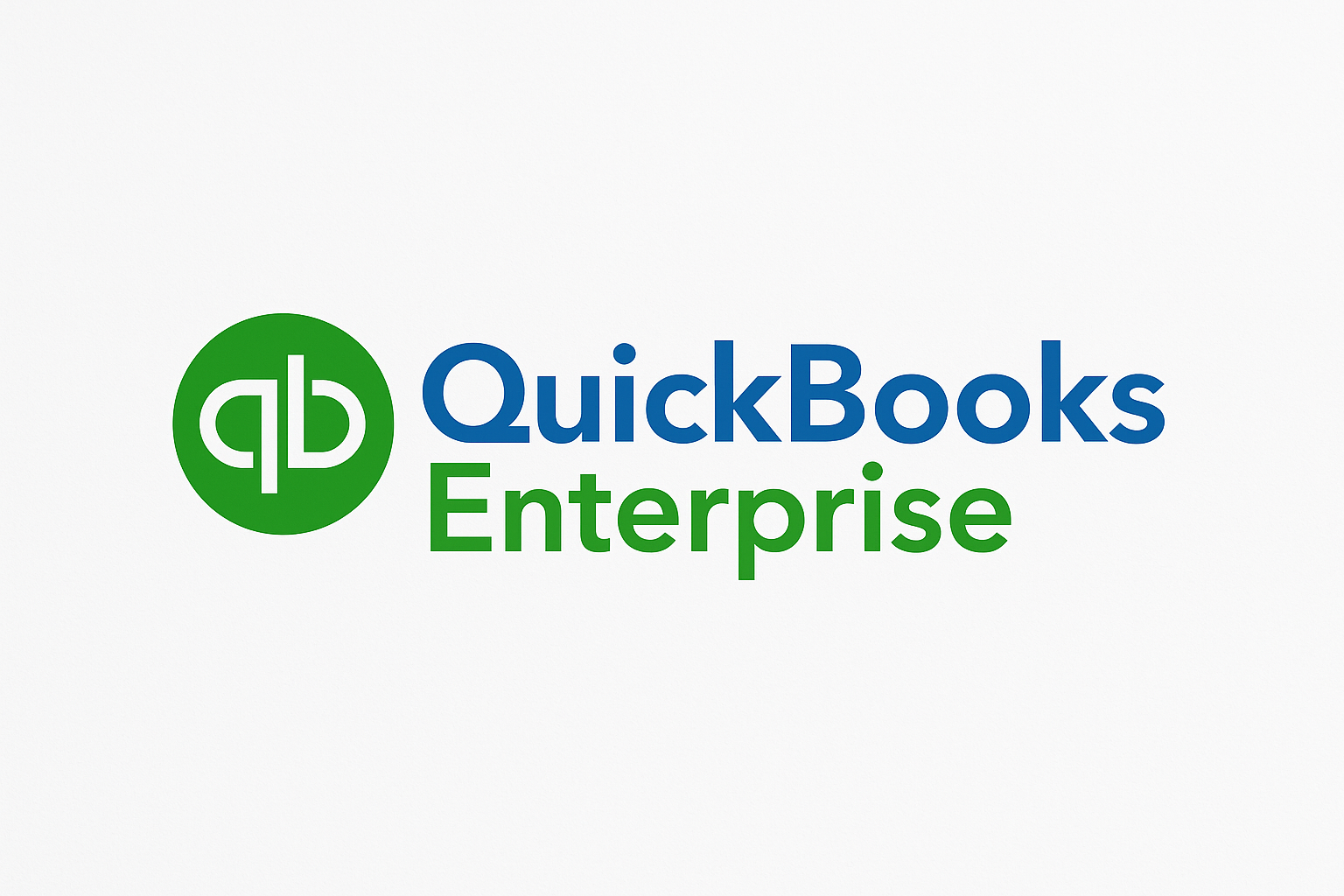
QuickBooks Enterprise brings familiar accounting functionality to businesses that have outgrown basic QuickBooks but aren't ready for full enterprise ERP complexity. Its ease of use makes it popular among Dubai's service sector businesses.
Key Features:
•Advanced inventory management
•Industry-specific reporting
•Multi-user access with role-based permissions
•Integration with popular business applications
Best For: Service businesses and small manufacturers that need more than basic accounting but want to maintain QuickBooks' simplicity. It's particularly strong for businesses with straightforward operations.
12. Focus ERP
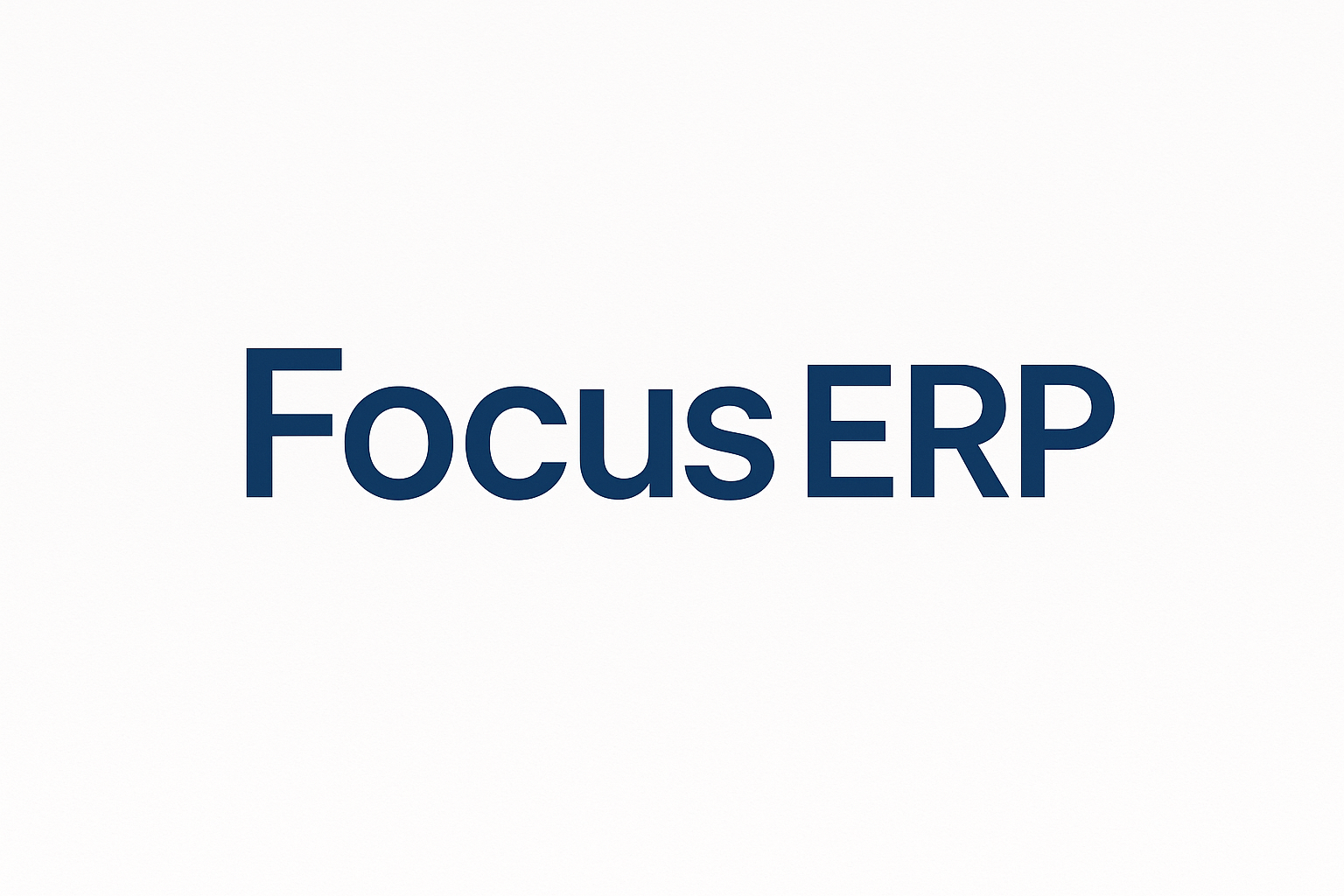
Focus ERP offers the advantage of local development and support, understanding the specific needs of Middle Eastern businesses. With regional expertise and Arabic language support, it addresses unique requirements that global solutions might miss.
Key Features:
•Arabic language support
•Local regulatory compliance
•Industry-specific modules for the region
•Strong local support network
Best For: Businesses that prioritize local support and regional expertise. Focus ERP works well for companies that need Arabic language capabilities and deep understanding of local business practices.
13. Ramco ERP

Ramco ERP's strength in human capital management makes it valuable for businesses in Dubai's service economy. With the UAE's focus on Emiratization and workforce development, robust HR functionality is increasingly important.
Key Features:
•Comprehensive HR and payroll management
•Multi-country payroll processing
•Advanced workforce analytics
•Mobile HR applications
Best For: Service businesses and organizations with complex HR requirements. Ramco excels for companies with large workforces or those operating across multiple countries in the region.
14. Syspro

Syspro's focus on manufacturing and distribution aligns well with Dubai's role as a regional logistics hub. With the emirate handling millions of tons of cargo annually, supply chain optimization capabilities are crucial for many businesses.
Key Features:
•Advanced supply chain management
•Manufacturing execution system (MES) integration
•Lot traceability and quality management
•Business intelligence and reporting
Best For: Manufacturers and distributors that need sophisticated supply chain management. Syspro is particularly strong for businesses with complex inventory requirements and quality tracking needs.
15. IFS

IFS specializes in asset-intensive and service-centric industries, making it relevant for Dubai's diverse economy that includes everything from aviation to facilities management. Its project management capabilities are particularly strong for the construction and engineering sectors.
Key Features:
•Enterprise asset management (EAM)
•Project and service management
•Field service optimization
•Maintenance planning and scheduling
Best For: Asset-intensive industries and service organizations. IFS excels for businesses in aerospace, construction, energy, and facilities management where asset optimization is critical.
Conclusion: The Future of ERP in Dubai
The ERP landscape in Dubai is evolving rapidly, driven by the UAE's ambitious digital transformation goals and the practical needs of a growing business community. With the digital transformation market expected to reach $2.23 billion by 2029 and AI adoption rates hitting 80% among professionals, the ERP systems of tomorrow will be more intelligent, more integrated, and more essential than ever.
The key to success isn't just choosing the right ERP—it's choosing the right partner for your digital transformation journey. Whether you're a startup taking advantage of Dubai SME's support programs or an established enterprise expanding regionally, your ERP system should be a catalyst for growth, not a constraint.
As Dubai continues to cement its position as a global business hub, the businesses that thrive will be those that leverage technology to operate more efficiently, make better decisions, and serve their customers more effectively. The 15 ERP solutions outlined here represent the best options available, but the right choice for your business depends on your specific needs, growth plans, and operational requirements.
Frequently Asked Questions (FAQ)
Q: What is the average cost of ERP software in Dubai?ERP costs in Dubai vary significantly based on company size and requirements. Cloud-based solutions typically range from AED 150-800 per user per month, while on-premise implementations can cost AED 50,000-500,000+ depending on complexity. With the UAE ERP market growing to $725.2 million by 2030, businesses are increasingly viewing ERP as a strategic investment rather than just a cost.
Q: How long does an ERP implementation take?Most ERP implementations in Dubai take 3-12 months, depending on company size and complexity. Simple cloud deployments can be completed in 6-12 weeks, while complex enterprise implementations may take 12-18 months. Given that 42% of UAE businesses are actively using AI in operations, modern ERP implementations are becoming faster and more automated.
Q: Is cloud ERP better than on-premise for businesses in the UAE?Cloud ERP is increasingly preferred in the UAE, with the cloud ERP market expected to grow from $87.73 billion in 2024 to $172.74 billion by 2029 globally. Cloud solutions offer better scalability, lower upfront costs, and easier compliance with UAE's digital government initiatives. However, some businesses still prefer on-premise for data sovereignty or customization requirements.
Q: Can ERP software handle UAE's VAT and corporate tax laws?Yes, most modern ERP systems support UAE VAT (5%) and the new corporate tax regulations. Leading solutions like SAP, Oracle NetSuite, and TallyPrime have built-in UAE tax compliance features. Given the UAE's commitment to digital government services—with 173.7 million digital transactions completed in 2024—ERP systems increasingly integrate directly with government platforms for seamless compliance reporting.



